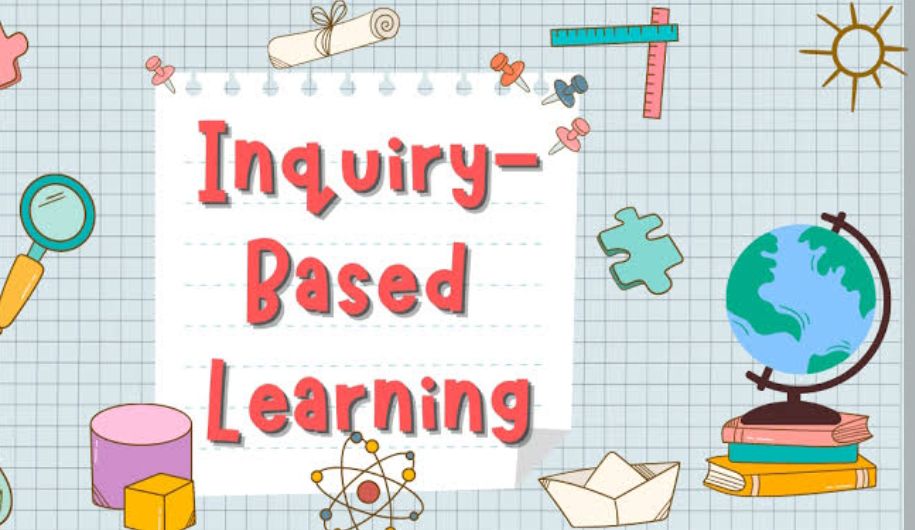
Imagine a classroom abuzz with curiosity, not rote memorization. Students aren’t passively absorbing facts from textbooks. Instead, they’re actively investigating the properties of slime, experimenting with building the sturdiest bridge out of popsicle sticks, or debating the best way to purify water. This, my friends, is the magic of Inquiry-Based Learning (IBL) in action!
Beyond Textbooks: Why Inquiry-Based Learning Rocks!
IBL isn’t just a fancy term. It’s a revolutionary approach that transforms science education from passive learning to active discovery. Here’s why IBL deserves a place in your classroom:
Curiosity Catalyst: IBL ignites a natural sense of wonder in students. By posing questions and conducting experiments, they become active participants in their learning journey. Suddenly, science isn’t just a subject –– it’s a thrilling adventure filled with exploration and discovery!
Problem-Solving Powerhouse: IBL equips students with essential critical thinking and problem-solving skills. As they grapple with scientific challenges, they learn to analyze data, draw conclusions, and think creatively to find solutions. These valuable skills are crucial for success not only in science, but also in life.
Collaboration Champions: IBL fosters a spirit of collaboration as students work together to design experiments, share observations, and discuss their findings. This collaborative environment hones their communication skills and teaches them the power of teamwork –– essential skills for success in the 21st century.
21st-Century Skills Spotlight: The world craves critical thinkers, effective communicators, and adaptable learners. IBL cultivates these essential skills, preparing students for the ever-evolving demands of the future workplace.
Building Your IBL Classroom: A Practical Guide for Teachers
Ready to transform your classroom into a vibrant hub for inquiry-based learning? Here’s your roadmap:
Start with the Why: Clearly define the learning objectives you want students to achieve through the inquiry process. This will guide your selection of activities and experiments.
Embrace Open-Ended Questions: Ditch the yes-or-no questions! Instead, pose open-ended questions that spark curiosity and encourage students to think critically. “How can we filter dirty water?” or “What factors affect the strength of a bridge?” are just a few examples.
Resourceful Rockstar: Utilize online resources like e-learning platforms comparison to find engaging and interactive science simulations or virtual labs, even for distance education programs or with remote learning strategies. Explore educational technology trends for tools like virtual microscopes or online data analysis software to enhance the IBL experience.
Empower Your Students: Give students ownership over their learning. Allow them to choose their research topics within a broader theme, design their experiments, and analyze their findings. This fosters a sense of agency and responsibility.
The Verdict: Inquiry for Lifelong Learning
Inquiry-Based Learning isn’t just about acing a science test. It’s about nurturing a lifelong love of learning and discovery. By fostering curiosity, critical thinking, and collaboration, IBL equips students with the tools they need to not only understand the scientific world, but also to ask questions, solve problems, and become the innovative thinkers of tomorrow.
Bonus Tip: Feeling overwhelmed with implementing IBL? Consider taking self-paced online courses or utilizing online tutoring services to bolster your skills and confidence in integrating Inquiry-Based Learning into your science curriculum.
Let’s spark curiosity and ignite a passion for science! Share your experiences and success stories with Inquiry-Based Learning in the comments below. Together, let’s create a generation of scientific explorers!
#STEMeducation #InquiryBasedLearning #ScienceDiscovery #FutureReady









